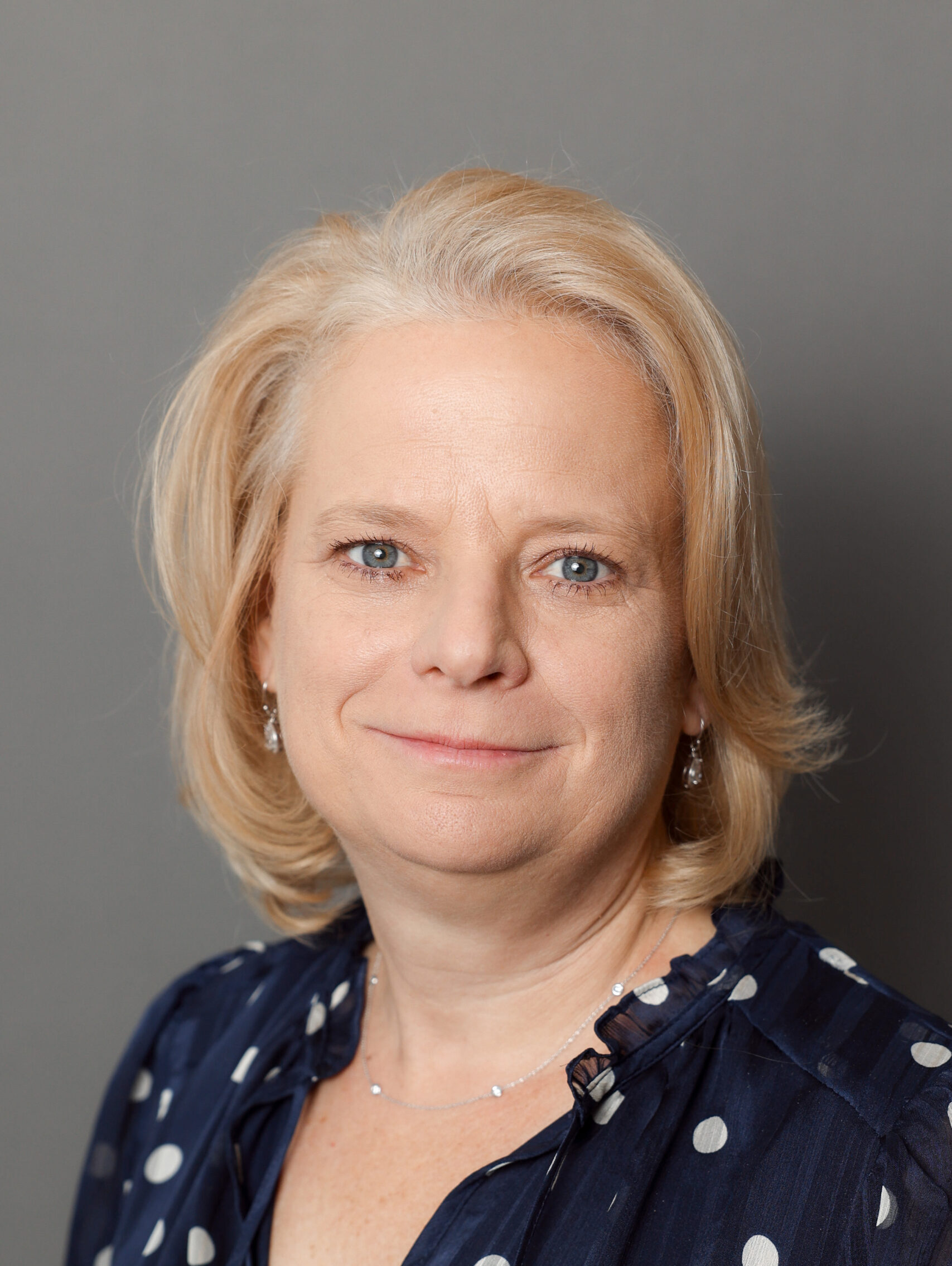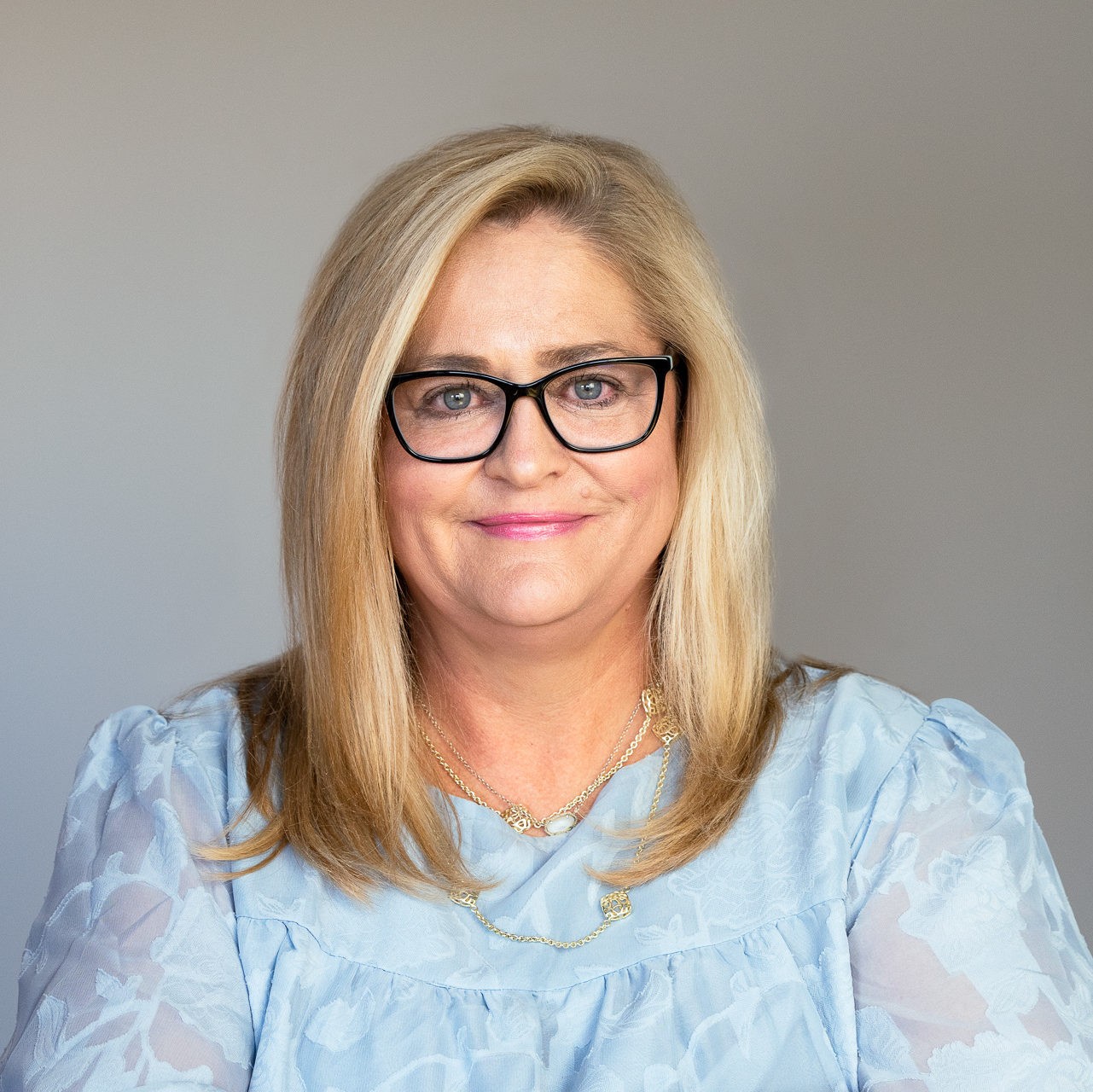Building Black resilience after disasters: Insights from our trip to Mississippi
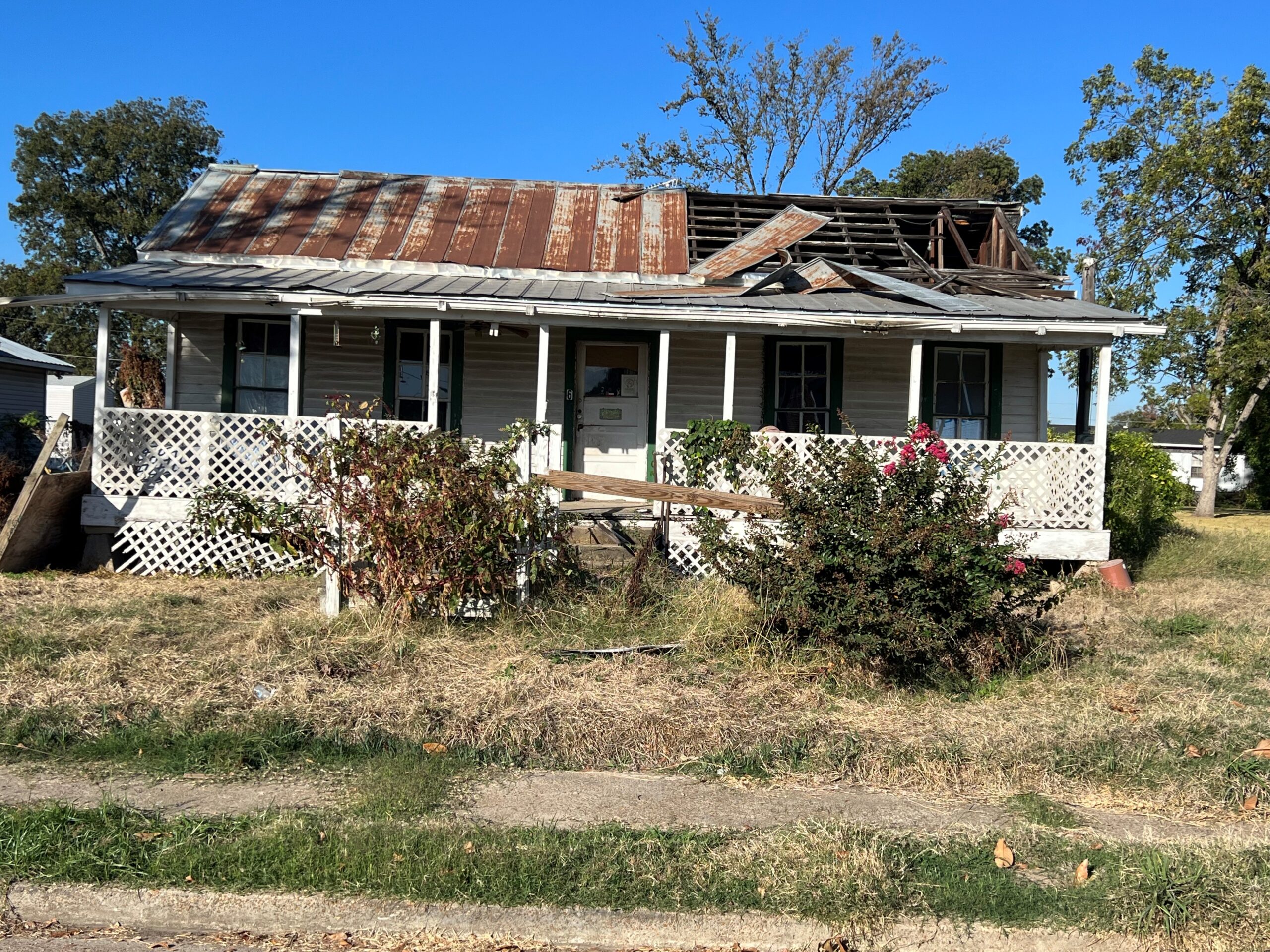
At the Center for Disaster Philanthropy, our mission is to mobilize philanthropy to strengthen the ability of communities to withstand disasters and recover equitably when they occur. So, it’s appropriate that our first domestic “shoe-leather philanthropy” trip together as CDP’s CEO and domestic funds lead was to a place with a history of inequity and social and racial injustices.
Our goal with this trip was to identify which communities affected by disaster in Mississippi– Jackson affected by last year’s floods and continuing water crisis and Rolling Fork, Amory, Silver Springs and other towns affected by tornadoes earlier this year– need support for equitable recovery and to sustain resilience for people striving to thrive in one of the poorest states in the nation, one prone to climate disaster impacts.
With all our shoe-leather trips, we hope to identify gaps to fill and connect communities to philanthropic and other resources that can fill them. We learned the gaps in Mississippi are deep and wide, but we knew they would be.
Positionality
Demographic data from Mississippi tells us that the people living in the areas affected by these disasters are primarily Black and other people of color, and many are living at or below the federal poverty line. Studies have shown that climate disasters disproportionately affect communities of color and other marginalized populations. With our grant funding, we specifically focus on supporting those populations that might not have access to other recovery resources, primarily due to systemic inequalities and barriers that are difficult to break through.
When planning our trip to Mississippi, we purposefully scheduled time to meet with representatives from the populations affected by these disasters – Black leaders and community members who would share firsthand knowledge and experiences of the recovery process. We set about listening and learning from the experiences of these leaders and are grateful for the time they took to share with us.
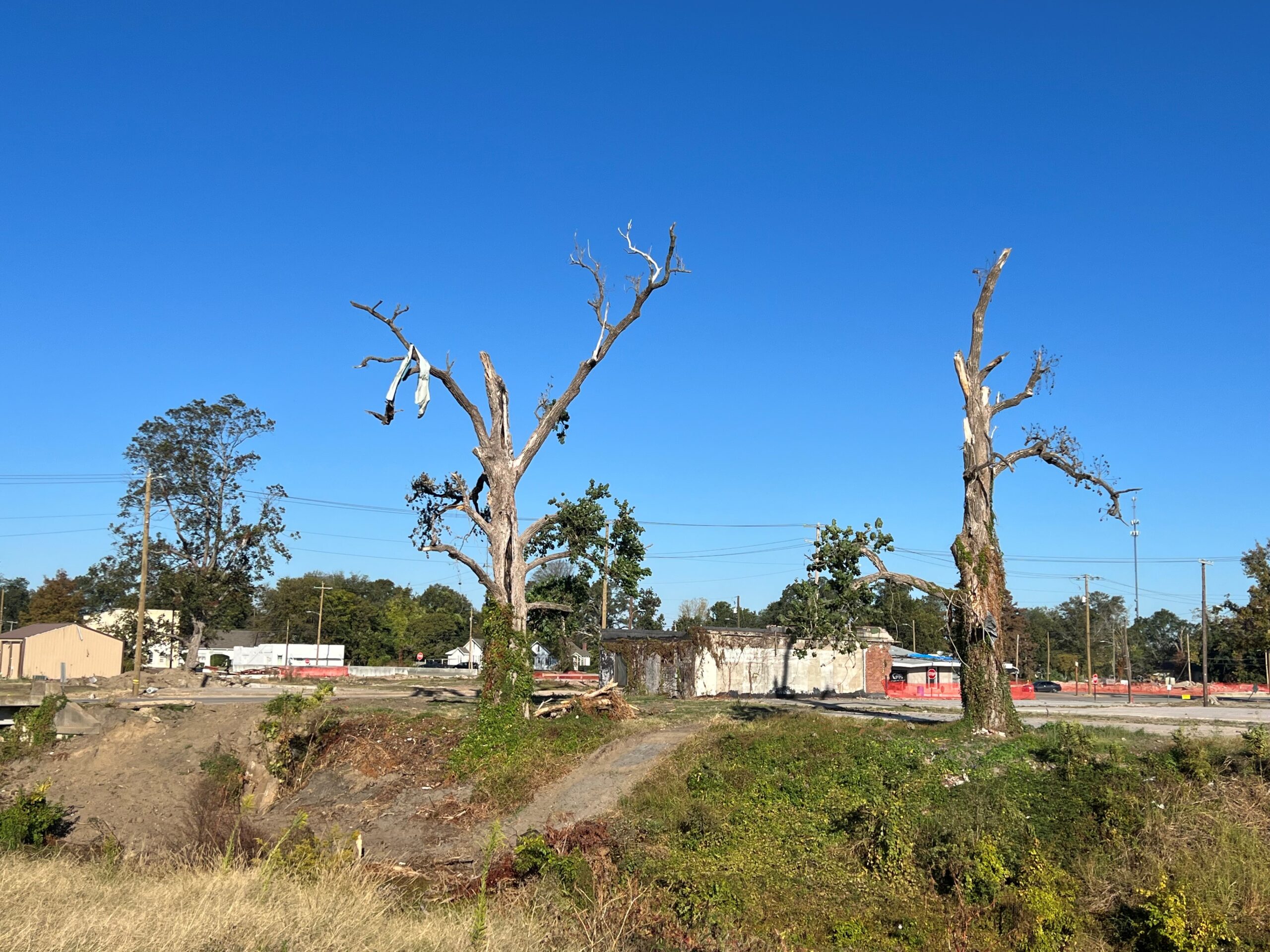
Recovery to resilience
From our grantee partner, the Mississippi Free Press, we learned the Jackson water crisis is ongoing despite significant federal resources deployed to address the problems caused by years of infrastructure neglect. And, of course, those communities feeling the most dramatic effects of lack of quality water are the most marginalized in the state’s capital city.
Lack of quality water for communities affects housing quality, access to education, healthcare and more. Our partners in Jackson are working to share information with communities and ensure that government investments in infrastructure are made equitably, considering the whole community. We’ve invested philanthropic dollars in organizations advocating for equitable resource distribution and holding leadership to account in service to the entire population. Though there is still much to do, we learned the community is engaged, and advocates are sharing information to ensure everyone has a voice in implementing changes.
At a meeting hosted by the Mississippi Urban League and facilitated by the Black Resilience Network, we met with several Black community members and leaders advocating for resources and information to support community recovery and preparedness from climate and other disasters. Faith leaders, political leaders, leaders of social service organizations and community members serving the towns of Amory, Rolling Fork, Silver Springs, Jackson and other disaster-affected communities shared ideas with us and one another on how best to build resilient communities in Mississippi. We learned of deep resource gaps in communities for renters and the justified lack of trust these residents have for local, state and federal governments. Everyone in the room expressed and shared hope for access to information, expertise and resources to support recovery from what has already happened, with additional support for community preparedness for what will inevitably come again.
From experience and data, we know homeowners affected by disasters often have easier access to recovery resources than renters or others with less stable housing. And we also understand that the wealth gap for Black people expands after a disaster. In Rolling Fork, Mississippi, two recovery operations are ongoing – one for homeowners and one for renters affected by the early spring tornadoes.
We funded Disaster Services Corporation – Society of St. Vincent de Paul to support hiring disaster case managers focused on helping nearly 68% of the community who rented recover. We met the two local managers employed to help their fellow citizens navigate their recovery and learned of a program to support moving renters to homeownership. Rolling Fork Rising recognizes that Rolling Fork is stronger when residents are invested in the city. Homeownership builds resilience – it can move a family out of generational poverty and build generational wealth.
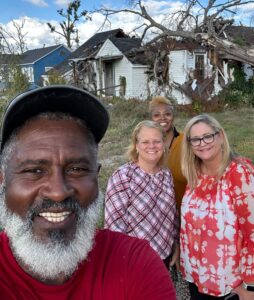
Homeowners and local businesses affected are also struggling to recover, though, with most government (FEMA, SBA, etc.) resources only available to address the issues directly associated with the storm. Ensuring everyone has access to the resources to build back with resilient building products better than before is critical to helping community health and stability. R3SM shared how they hope to use flexible resources to help recover, restore and rebuild southeast Mississippi homes despite significant government barriers.
Federal declaration but still low-attention
The tornadoes that hit the communities in Mississippi in the early spring resulted in a federal declaration, as did the Jackson flood and water crisis. Immediately after these events, national media attention focused on the devastation. But that attention was short-lived as the next big event drew attention away. In this case, even a federally declared disaster can become a low-attention disaster, which results in fewer resources to support the people and communities affected.
We hope to draw attention back to the communities here. We want philanthropy to understand the need to invest in long-term solutions in neighborhoods like those in Jackson, Rolling Fork, Amory and Silver Springs, addressing systemic racism, climate and social injustice, and lack of flexible resources to help sustain a thriving community.
What can philanthropy do?
- We say it all the time: invest in long-term recovery. Attention may fade, but the community needs only become more complex. Recovery can take years, but strategically invested flexible resources from philanthropy can help cut that time significantly.
- Support organizations advocating for change. Help amplify the voices of those marginalized communities most disproportionately affected by the disaster and climate change. Ensure recovery is equitable by ensuring it is inclusive. Communities are stronger when everyone is supported.
- Support local organizations whenever possible. Local investment helps build capacity and a stronger, more resilient community in the long run.
- Help communities prepare for what might come next. Climate change is real, and weather-related events are becoming more frequent and intense. Address systemic issues that result in vulnerabilities to help communities better withstand weather events and other hazards to prevent disasters and the need for recovery.
- Let’s use our collective voices to advocate for change in disaster response and recovery systems, policies and processes that are inequitable and support only part of an affected population. Government agencies have taken steps to address this where possible, but there is still much more to do.
We learned a lot from the people of Mississippi, and we are grateful to everyone who took the time to share with us. We are now working with several additional local organizations to help support recovery and build community resilience through the CDP Tornado Recovery Fund and the CDP Disaster Recovery Fund. Please get in touch with us if you would like to join us in this effort.
